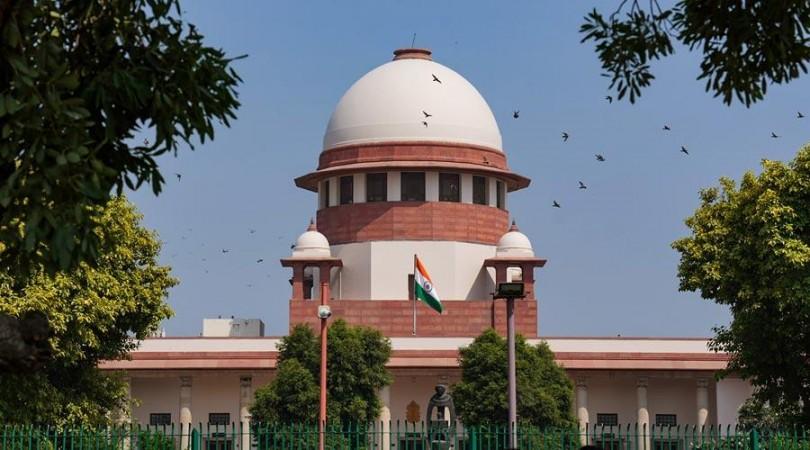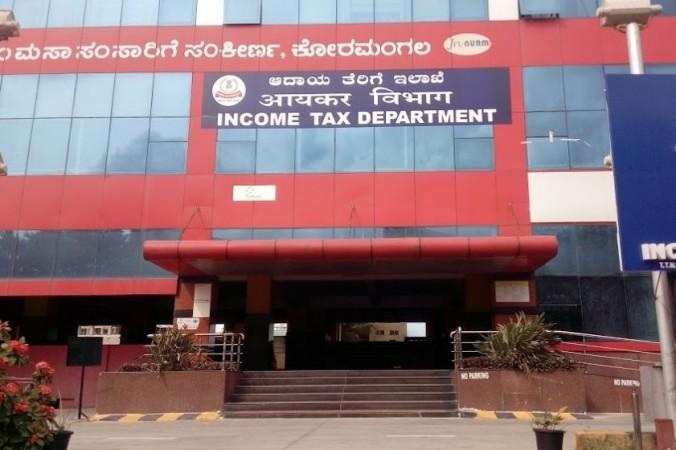The Supreme Court has deemed the act of regularizing the services of only 35 employees out of a total of 65, despite finding all 65 entitled to regularization, as "patently discriminatory" and a violation of Article 14 of the Constitution of India.
A bench comprising Justices BR Gavai and JB Pardiwala considered the appeal filed by a group of employees whose services were not regularized by the Income Tax department due to a purported lack of available positions.

The bench stated, "When the Chief Commissioner of Income Tax himself determined that 65 individuals were entitled to regularization, the selective regularizations of only 35 employees, excluding the appellants and others, is clearly discriminatory and contravenes Article 14 of the Constitution of India."
The appellants, who have completed service of more than ten years, challenged the Patna High Court's view that there is no contempt of the court when only 35 out of 65 employees are regularized, since only 35 vacancies were available.
Before the high court, the remaining employees had filed contempt petitions alleging that non-regularisation of services amounted to contempt of court for not following the judgment rendered by the Supreme Court in the case of Secretary, State of Karnataka & Others. vs. Umadevi & Others.

In Uma Devi case, the top court had permitted a one time measure to be conducted for regularisation of the services of employees who had completed more than ten years in service.
In the instant again, the Supreme Court declined to accept the government's submission that since posts were not available (and have been abolished thereafter), the appellants could not have been regularised.
"The act of regularising the services of some employees and not regularising the services of the others is discriminatory and violative of Article 14 of the Constitution of India," reiterated the apex court and directed regularisation of the appellants with backwages and other benefits.
(With inputs from IANS)









!['Had denied Housefull franchise as they wanted me to wear a bikini': Tia Bajpai on turning down bold scripts [Exclusive]](https://data1.ibtimes.co.in/en/full/806605/had-denied-housefull-franchise-they-wanted-me-wear-bikini-tia-bajpai-turning-down-bold.png?w=220&h=138)



